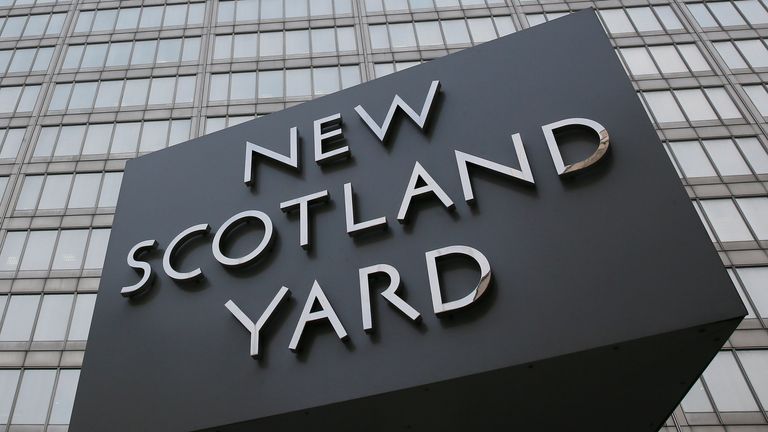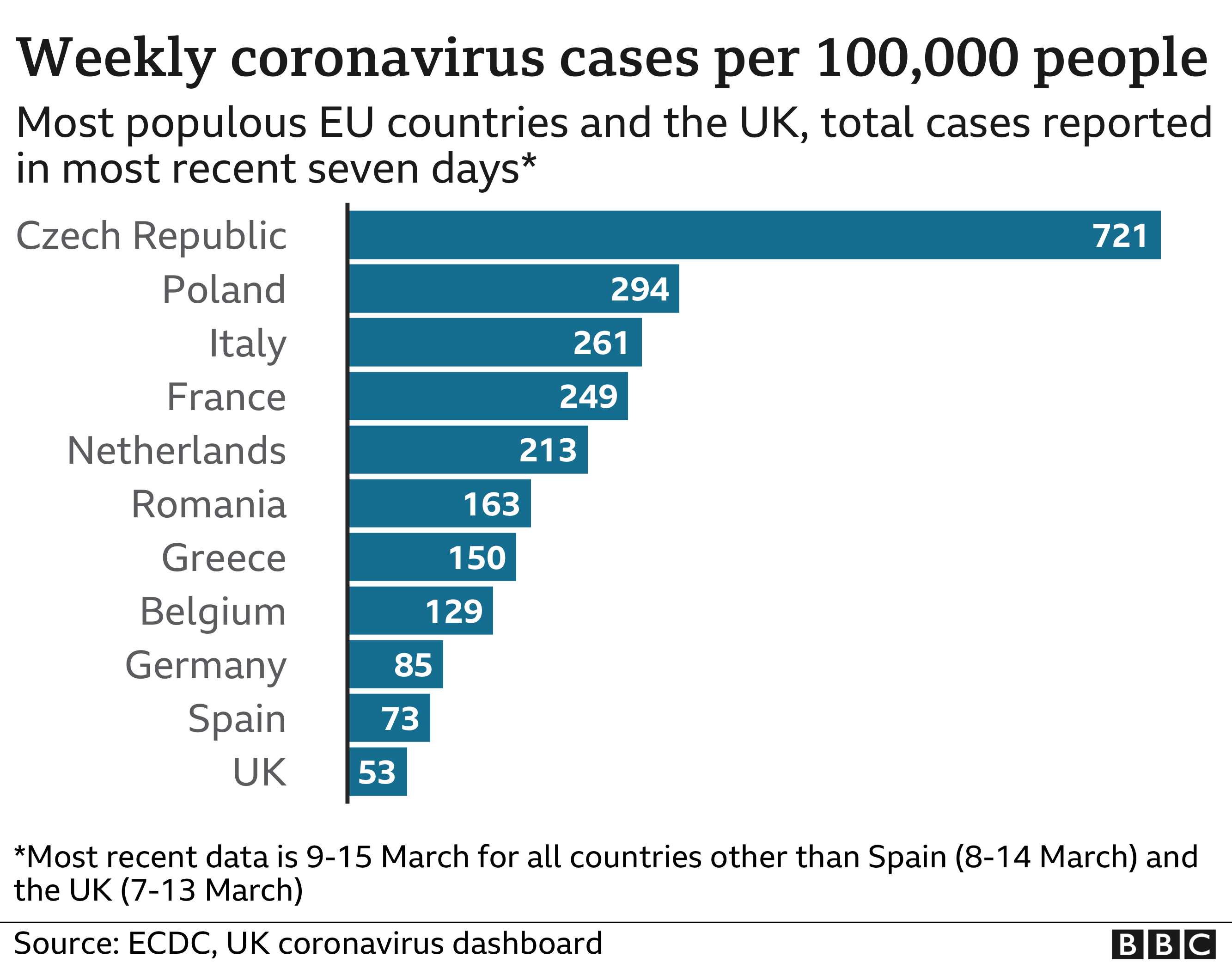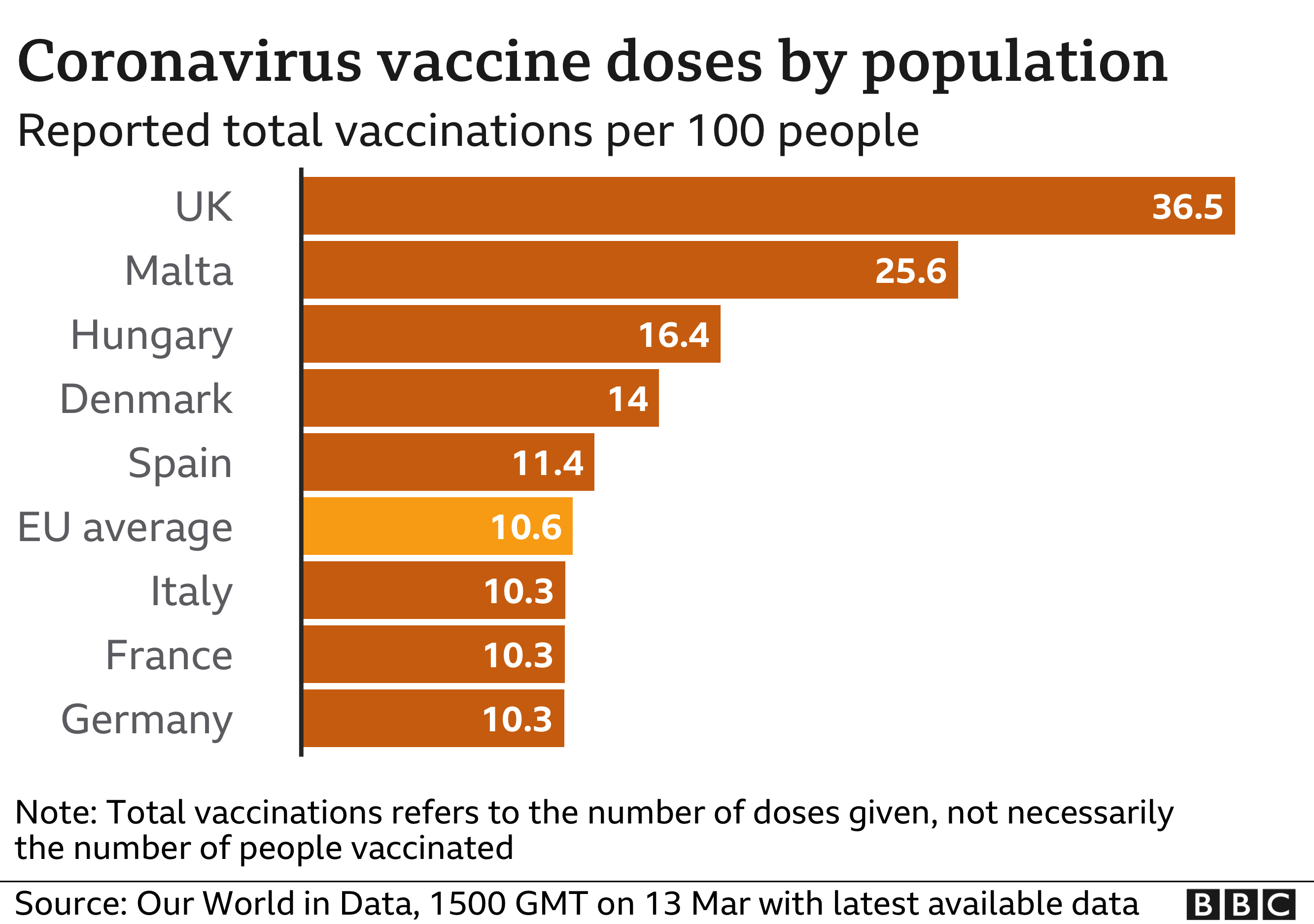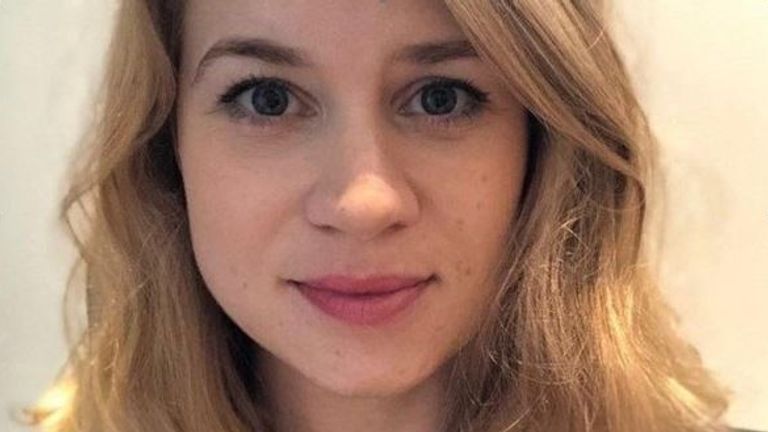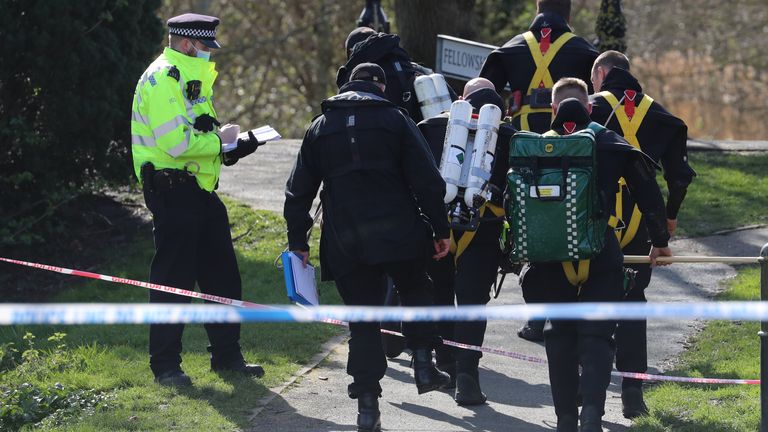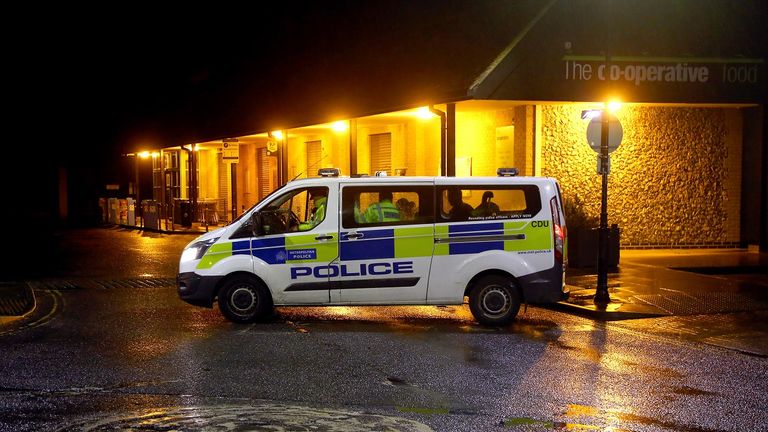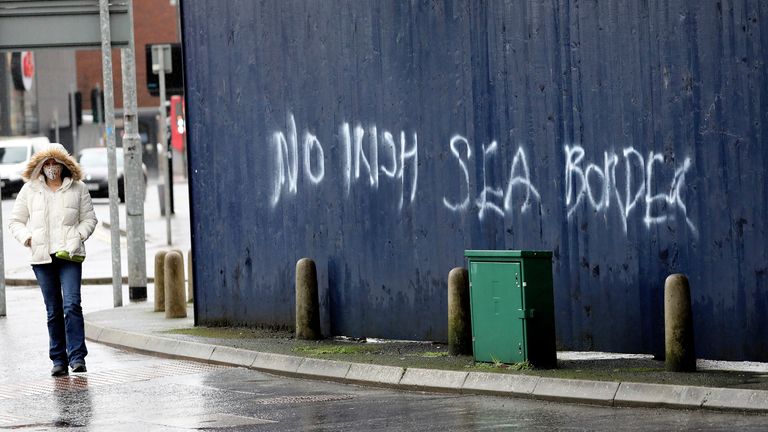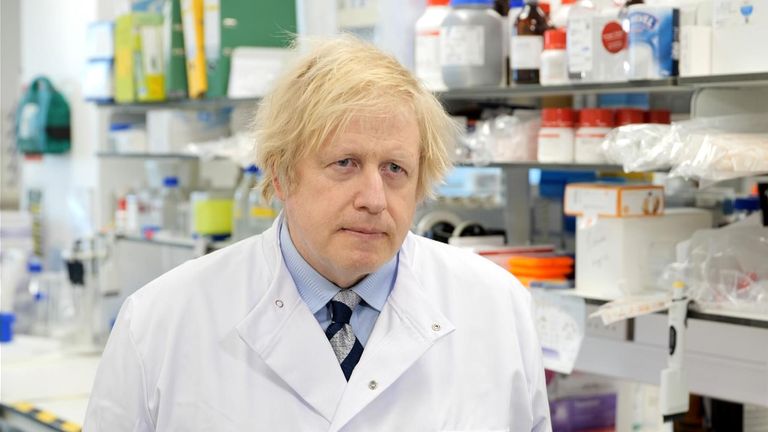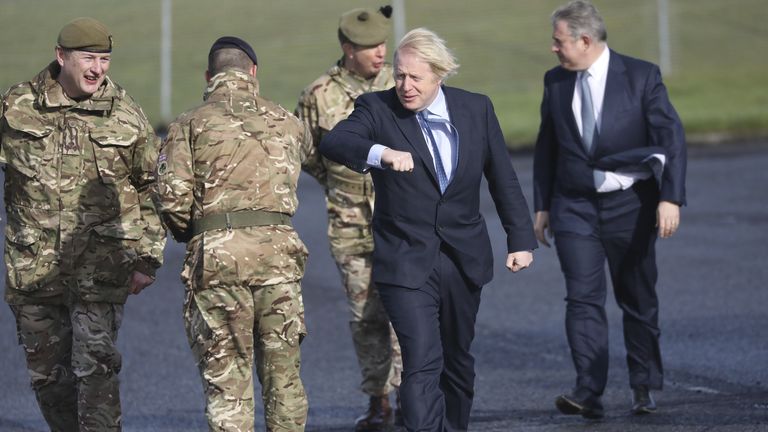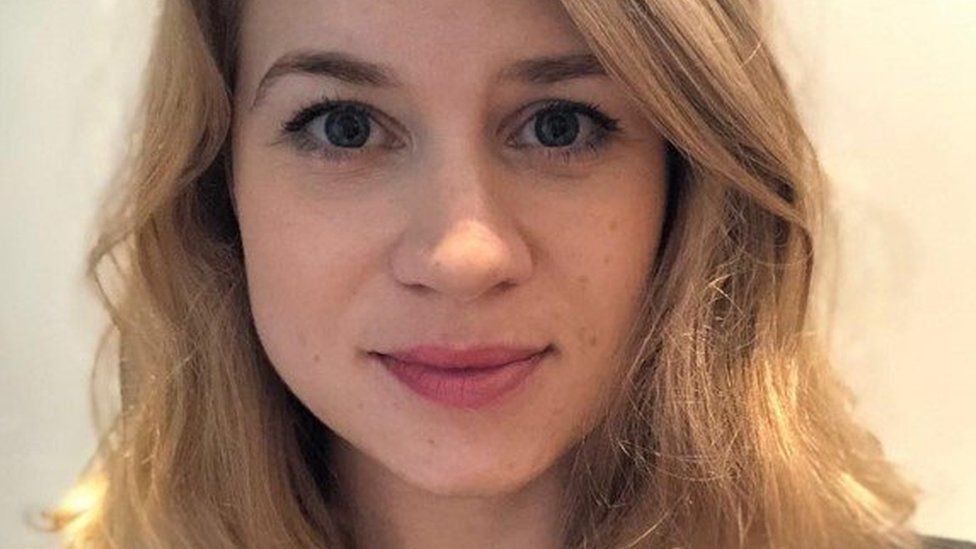
A probationary Met officer involved in the search for Sarah Everard has been removed from duties for allegedly sharing an "inappropriate graphic".
The force said a graphic was shared via social media on Friday and was reported by a number of officers "who were concerned by its content".
The PC has been placed in a non-public facing role and a referral has been made to the police watchdog.
The Met said it expected officers "to behave professionally at all times".
The constable had been deployed as a cordon officer supporting the search operation in Kent, but they have been "placed in a non-public facing role while inquiries continue".
"Given the context of the officer's duties at the time, a voluntary referral has been made to the Independent Office for Police Conduct (IOPC) in relation to this matter," the force said.
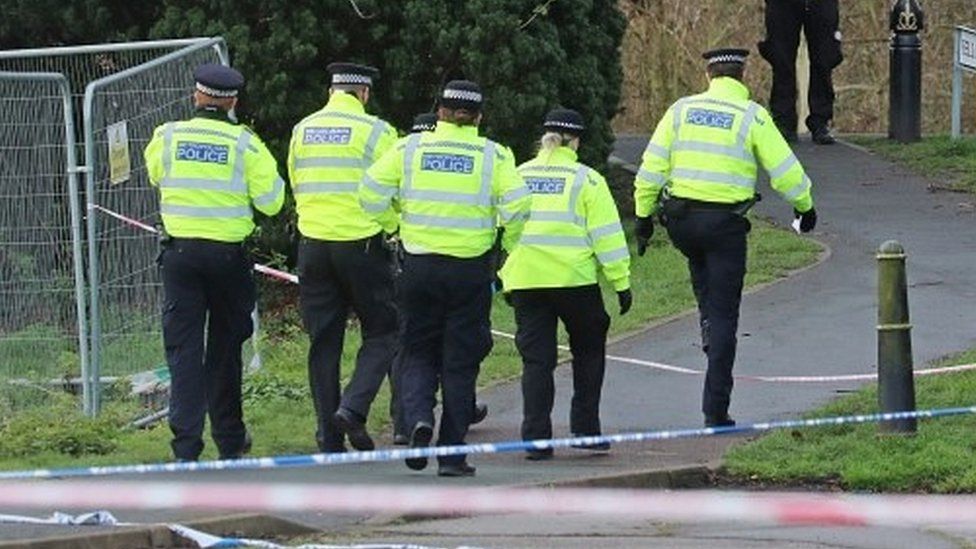
The Met added that the graphic did not "contain photographic images, no images of Sarah, nor any other material obtained from or related to the investigation into Sarah's murder", but her family had been made aware of what had happened.
Assistant Commissioner Nick Ephgrave said the force "expects its officers to behave professionally at all times and this includes how they use social media.
"I take allegations that any officer or officers have failed to observe these standards very seriously and have referred this matter to the IOPC," he added.
The force has faced criticism for the way it handled a vigil for 33-year-old Ms Everard, who went missing while walking home from a friend's house on 3 March.
Her body was later found in woodland in Kent and Met Police officer Wayne Couzens, 48, has been charged with Ms Everard's kidnap and murder.
The IOPC confirmed it would be "investigating the conduct of a probationary police constable" and said it had also started a separate investigation looking at how Mr Couzens had sustained two head injuries while in custody last week.
In a statement the police watchdog said it had so far "completed assessments into four further matters linked to the tragic death of Sarah Everard".
However, the IOPC said it would not be investigating the actions of officers at the Clapham Common vigil, as called for by Mayor of London Sadiq Khan, as "this type of investigation is not within our remit".
"We have discussed this further with the Mayor's Office for Policing and Crime and Her Majesty's Inspectorate of Constabulary and Fire and Rescue Service (HMICFRS) to consider how concerns might be included in work being undertaken by HMICFRS," it said.
Related Internet Links
https://news.google.com/__i/rss/rd/articles/CBMiNWh0dHBzOi8vd3d3LmJiYy5jby51ay9uZXdzL3VrLWVuZ2xhbmQtbG9uZG9uLTU2NDA5MDI50gE5aHR0cHM6Ly93d3cuYmJjLmNvLnVrL25ld3MvYW1wL3VrLWVuZ2xhbmQtbG9uZG9uLTU2NDA5MDI5?oc=5
2021-03-15 20:17:05Z
52781425496647
